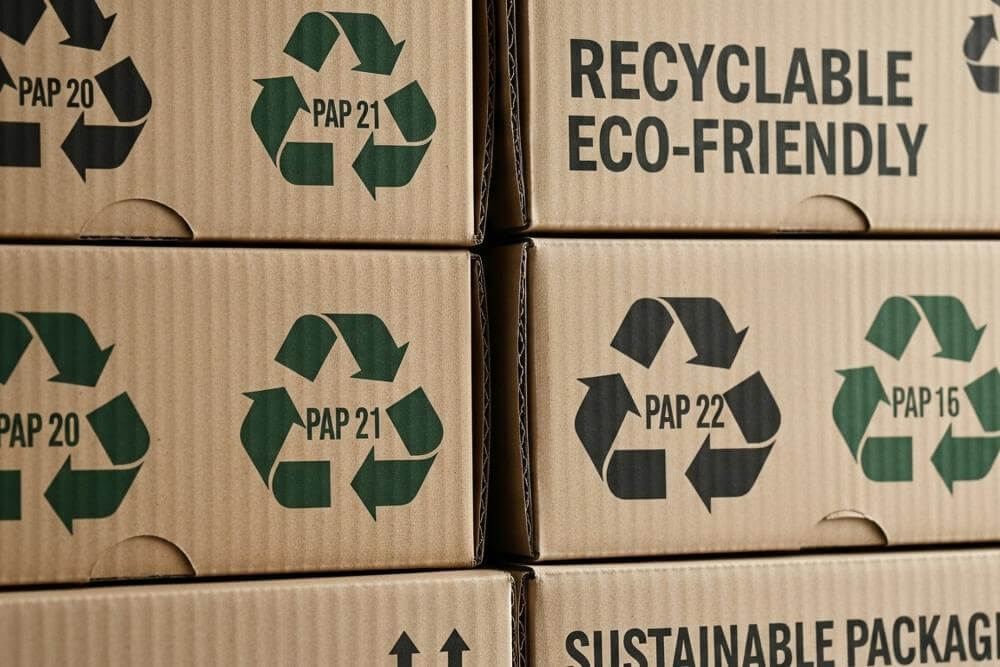
We all have our bit to do to help to reduce emissions. This is a challenge, but one that comes with the opportunity for positive transformation.
This is a challenge, but one that comes with the opportunity for positive transformation.
In 2020 the UK was estimated to have over 400,000 jobs in low carbon businesses and their supply chains, with a turnover of £41.6billion.
This is a time of change, supported on 9 May 2023, by the launch of the Net Zero Council, attended by some of the world’s leading banks, energy companies, technology giants and financial firms.
The aim of the Net Zero Council is to support industry to help cut their emissions and develop greener practices. Whether large or small your business has much to benefit from reducing emissions.
Speaking at the launch of the newly established Net Zero Council, Energy Minister Graham Stuart said: “Tackling emissions can make business more energy efficient, improve UK energy security and in turn cut costs and open opportunities.”
We will all benefit from a low carbon revolution. To understand how you can play a part it is important for you to understand how your activities impact on global emissions.
Our activities create emissions either directly or indirectly.
Scopes of emissions refer to the different categories or types of greenhouse gas emissions that are associated with human activities. The scopes were developed by the Greenhouse Gas Protocol, a widely recognised international standard for accounting and reporting greenhouse gas emissions.
The three scopes of emissions are:
By accounting for all three scopes of emissions you can geta comprehensive picture of your total greenhouse gas emissions and identify opportunities to reduce your impact on the environment. This information can help you make informed decisions about resource allocation, identify areas for improvement, and track progress towards emissions reduction targets. By doing this you can not only improve the impact that your business is having on the environment but improve the carbon footprint of your supply chain and employees, whilst investing in a green future and potentially saving costs at a time of high costs, particularly those associated with energy.
An emissions audit could open a whole new range of opportunities. There’s no better time to take a look and start future proofing your business.

Developing an EPD can ensure you meet tender requirements, as well as providing an opportunity to understand and reduce the true environmental impact of your products.

Understanding the Transition from SECR to UK SRS. The UK government is replacing the current Streamlined Energy and Carbon Reporting (SECR) framework with the more comprehensive UK Sustainability Reporting Standards (UK SRS).

As part of its Net Zero Supplier Roadmap, the NHS has announced that by April 2027, all suppliers, including those providing food, medical products, and services, will be required to submit a comprehensive Carbon Reduction Plan (CRP).

Carbon Sense is your expert partner in carbon reduction. We support UK organisations to understand, measure, and reduce their carbon footprint, save energy, and make sense of sustainability. With a practical, no-nonsense approach, we help you achieve Net Zero goals while protecting your bottom line.

"We are excited to support the awards this year and are honoured to sponsor the Carbon Positive category. At this crucial time, carbon mitigation and an embedded strategy to achieve Net Zero are vital to avoid further climate change catastrophes".

In a world increasingly focused on sustainability, Carbon Literacy has emerged as an essential tool for businesses seeking to reduce their environmental impact. Carbon Sense understands the value and benefits of Carbon Literacy Training whether for a team within your business, or for your entire organisation.

A carbon reduction or decarbonisation plan is a set of strategies and actions that an organisation, community, or government implements to reduce its carbon footprint and mitigate the effects of climate change.

Carbon credits, and their differences, is a frequent topic of discussion. When developing a sustainability strategy or communicating about sustainability, its essential for businesses to understand these differences

Pathway to Net Zero, launched in November 2023 is a fully funded support programme helping businesses adopt more environmentally conscious processes and move towards becoming Net Zero.

The future still remains uncertain so considering options to reduce energy consumption to rely less on the grid is becoming more and more necessary.

Climate change has become a key issue for us all. With scientific reports being released every day, we now know more about the changes that are happening to the Earth’s systems.

The impact of the industrial revolution has created a climate where pretty much all our activities have an impact on the environment.

By reducing your organisation’s carbon footprint you can reduce your impact on the environment and resources.

There is a wealth of research being undertaken by the leading academics studying climate change and assessing how we can build climate resilience and reduce risk.

It is important to get good advice to ensure that you avoid the common pitfalls and have a plan that works for you and achieves genuine environmental benefits.